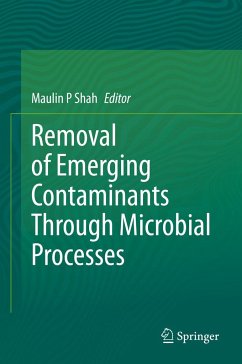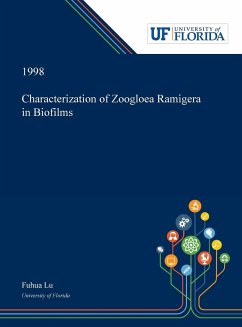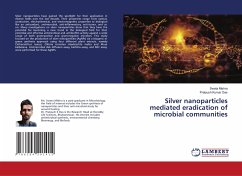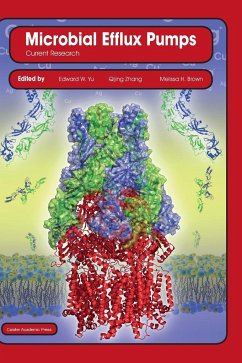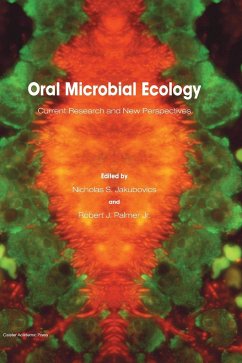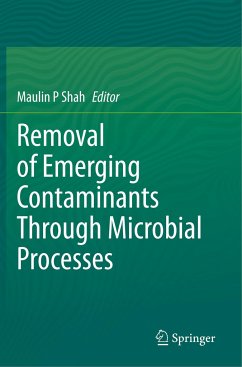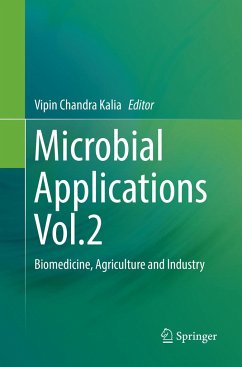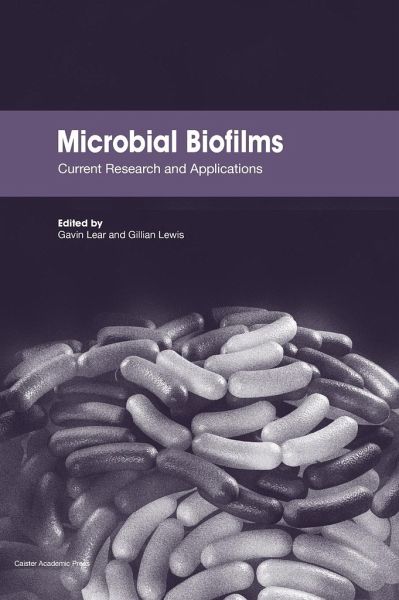
Microbial Biofilms
Current Research and Applications
Herausgeber: Lear, Gavin; Lewis, Gillian D
Versandkostenfrei!
Versandfertig in 1-2 Wochen
226,99 €
inkl. MwSt.

PAYBACK Punkte
113 °P sammeln!
Biofilms are the default mode-of-life for many bacterial species. The three-dimensional structure of the biofilm provides the associated microbial communities with additional protection from predation, toxic substances and physical perturbation. The variety of microniches provided by the biofilm also promotes a huge diversity of microbial life and metabolic potential. These complex and highly structured communities help to maintain the health of soils and waters. Current applications of biofilms include the degradation of toxic substances in soil and water, the commercial production of chemica...
Biofilms are the default mode-of-life for many bacterial species. The three-dimensional structure of the biofilm provides the associated microbial communities with additional protection from predation, toxic substances and physical perturbation. The variety of microniches provided by the biofilm also promotes a huge diversity of microbial life and metabolic potential. These complex and highly structured communities help to maintain the health of soils and waters. Current applications of biofilms include the degradation of toxic substances in soil and water, the commercial production of chemicals, and the generation of electricity. However, biofilm-based infections cause harm to millions of humans annually. In addition, biofilms can affect the quality and yield of crops and cause biofouling and microbially-induced corrosion. In this book, leading scientists provide an up-to-date review of the latest scientific research on these fascinating microbial communities and predict future trends and growth areas in biofilm-related research. Under the expert guidance of the editors Gavin Lear and Gillian Lewis, authors from around the world have contributed critical reviews on the most topical aspects of current biofilm research. Subjects covered include quorum sensing and social interactions in microbial biofilms, biofilms in disease, plant-associated biofilms, biofilms in the soil, applications in bioremediation, biofilms in wastewater treatment, corrosion and fouling, aquatic biofilms, microbial fuel cells, and catalytic biofilms. The book is essential for everyone interested in biofilms and their applications. It is also highly recommended for environmental microbiologists, soil scientists, medical microbiologists, bioremediation experts and microbiologists working in biocorrosion, biofouling, biodegradation, water microbiology, quorum sensing and many other areas.




